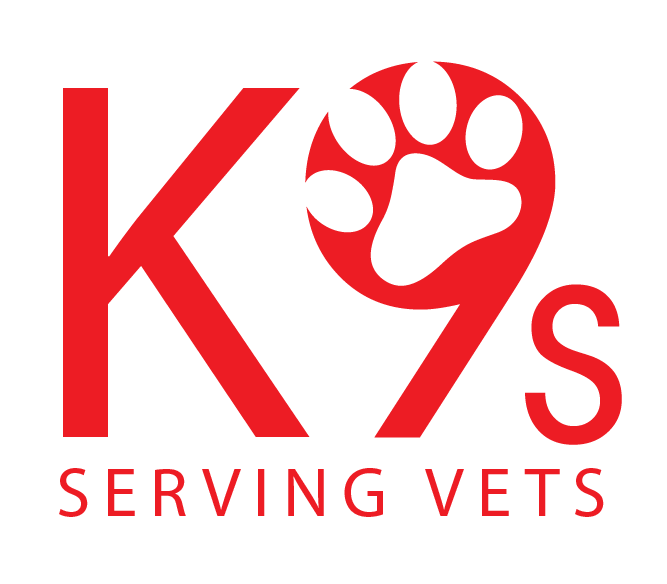frequently asked questions
K9s Serving Vets FAQ’s
How do I apply to get a service dog through the VA?
The first step is to speak with your primary care provider, who will need to submit a consult once it’s determined that a service dog will be beneficial for you. Start your application process at VA Benefits.
What kinds of disabilities do service dogs assist with?
Service dog organizations train dogs to assist with mobility, vision or hearing impairments, PTSD (Post Traumatic Stress Disorder), TBI’s (Traumatic Brain Injuries) seizures and other neurological disorders.
What is ADI?
ADI (Assistance Dogs International) is a coalition of not for profit assistance dog organizations. The purpose of ADI is to improve the areas of training, placement, and utilization of assistance dogs, staff and volunteer education, as well as educating the public about assistance dogs, and advocating for the legal rights of people with disabilities partnered with assistance dogs. ADI has a comprehensive accreditation system and members have to be regularly assessed to ensure they meet the high standards expected of assistance dog programs.
ADI accredited organizations in North America
Do I have to get my service dog from an ADI accredited organization?
You are not required to get your service dog from an ADI accredited organization. However, in order to receive financial assistance from the Department of Veterans Affairs for your service dog’s expenses, you MUST be partnered with your service dog through an ADI accredited organization. This assistance includes:
- VA Service Dog/Guide Dog Benefits Rules
- Trupanion Veterinary Insurance plan
- Required equipment and accessories for your service dog’s assistance tasks
Do I have to pay for a service dog?
Some service dog organizations charge a fee ranging from $5,000 – $20,000. But many organizations train dogs for Veterans completely free of charge or require the Veteran to do fundraising to help pay it forward, which helps future Veterans in need of service dogs, as well as to promote the organization and its mission to the public. We can help with that.
Can I choose my own service dog?
Unless the organization is one that allows owner training of their dogs, you may not choose your service dog. As a matter of fact in several service dog organizations, such as paws4vets and Assistance Dogs of the West, the dogs choose their handler. This provides a higher probability for the perfect match. Other organizations match you with your service dog based on pertinent factors. It’s very important that you are matched with the dog in their program best trained to assist with your particular disability. Other important things to consider are how your personality matches with the dog’s personality, your lifestyle (i.e. a dog that is low key and quiet might not be the best match for a bicyclist in New York City), etc.
Do I have to have a fenced yard?
Some service dog organizations require you to have a fenced yard and those that do not have that requirement expect you to have alternate means of exercising your dog.
Do I have to live in the same city/state where my service dog organization is located?
Some organizations have geographical limitations but most serve the entire USA.
How long is the training process?
The average estimate for the training of a service dog is 18-24 months. This can vary depending on the tasks the dog needs to perform for your disability needs, the dog you’re matched with, your geographic location, your age, etc.
Is there a specific breed for service dog work?
Many breeds make great service dogs. However you will generally see many Labrador Retrievers and Golden Retrievers working as service dogs.
Is a therapy or emotional support dog the same as a service dog and allowed into public places of business?
While therapy and emotional support dogs serve a great purpose for their handlers, they are NOT service dogs and their handlers DO NOT have the right to access places of business with their dogs without consent of said business. Therapy and emotional support dogs provide comfort and a calming presence but they are not service dogs. A service dog is specifically trained to perform a task that mitigates their handler’s disability, such as guiding a blind person, opening doors or pulling a wheelchair for someone with limited mobility, alerting to a seizure, etc.
How You Can Help
About Us
As the liaison between Veterans, the Department of Veterans Affairs and service dog training organizations, we empower Veterans by helping them partner with service dogs to transform their lives.
Address
703-652-6040
PO Box 173
Triangle, VA 22172
[email protected]
Email to request presentations or speaking engagements.
SUPPORT K9S SERVING VETS

